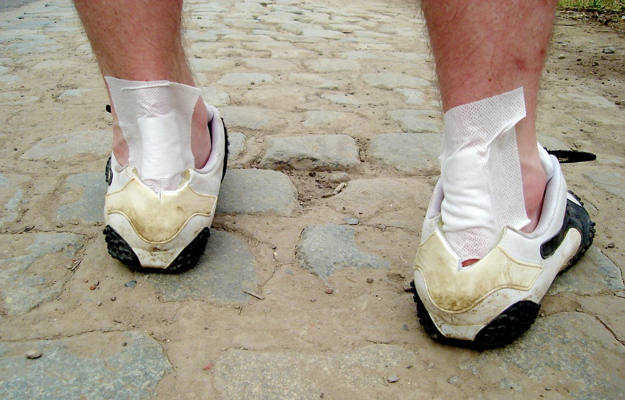What is tendon injury (tendinopathy)?
Tendons are the connecting link between bones and muscles. They are made up of tough fibrous tissue. Inflammation of a tendon is called tendinopathy. Tendinopathies usually affect the tendons that are near the joints (e.g., shoulders, knees, elbows, and ankles).
What are its main signs and symptoms?
Symptoms of tendinopathy depend on the extent of the injury and the affected tendon. Signs and symptoms of tendinopathy include:
- Pain around the affected tendon, which worsens on use
- Stiffness of the affected tendon or joint near that tendon, which is worsens in the morning or during resting hours
- Loss of strength of the affected tendon
- The area around the tendon is red, inflamed and swollen
- Presence of a sound (click like sound) with the movement of the affected tendon
What are the main causes?
The main cause of tendinopathy is the overuse or injury of the tendon. An injury could be acute or chronic. Usually, ageing, chronic wear and tear, or overuse can result in tendinopathies. Sometimes lack of muscle tone can also affect the tendon of a muscle and cause tendinopathy. Those who perform intense physical activities, e.g., physical labourers, sportspersons, gym instructors, and trainers are prone to develop tendinopathies due to overuse or injury.
How is it diagnosed and treated?
Usually, a thorough clinical examination along with medical history is sufficient to diagnose tendinopathy and also helps in determining which tendon is affected, but certain investigations are crucial for deciding treatment modalities. These investigations include:
- Blood investigations – Vitamin D3, calcium and uric acid levels
- X-ray – Checks the bones around that tendon for fracture and dislocation
- Ultrasound – Checks for inflammation and injury to the tendon
- Magnetic resonance imaging (MRI) scan – Most accurate investigation for checking the extent of the injury
Tendinopathy requires multimodality therapy. Usually, a combination of oral medicines, cold compressions, rest and gradual physical therapy helps in recovering from tendinopathies.
- Oral medicines – Typically, anti-inflammatory drugs like aceclofenac and diclofenac help in reducing the swelling and pain of the affected tendon
- Cold compressions – Help in reducing the swelling and the inflammation around the tendon
- Rest – Plays an important role in early injuries
- Physical therapy – After the initial period of rest, gentle range of motion (ROM) improvising passive therapy is given, followed by active ROM exercises to improve the strength and muscle tone.

 OTC Medicines for Tendon Injury (Tendinopathy)
OTC Medicines for Tendon Injury (Tendinopathy)















